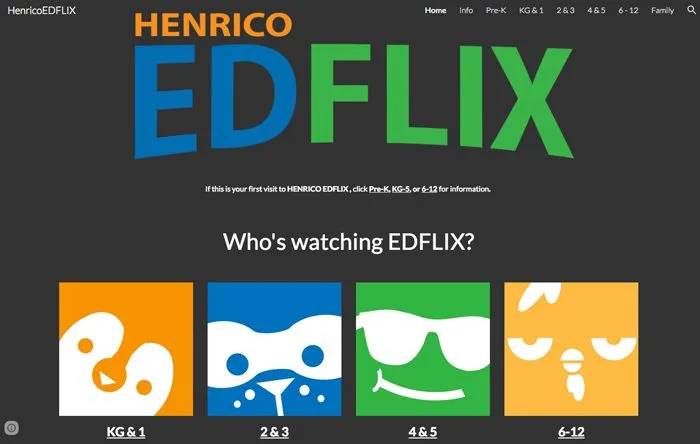Related

Henrico supervisors to weigh broader regulations on shops selling vapes, smoking products
On Tuesday night, the Henrico Board of Supervisors is expected to vote on an ordinance that would apply vape shop regulations to other stores selling similar substance-related products. Businesses looking to establish stores that sell substances such as vapes, tobacco, cannabis, edibles, kratom, or nicotine products would need to get
Click here to read more
Henrico Christmas Mother program brings 'a lot of hope and comfort during the holidays'
For families that have filled a cart with books, clothing, toiletries and toys at the Henrico Christmas Mother warehouse during the past two weeks, the gifts they receive makes this time of year happier and more festive. But it is the gift cards to grocery stores as well, along with
Click here to read more
724 pounds of marijuana bound for Henrico seized by police during Arkansas arrest
Arkansas State Police intercepted a massive load of marijuana Dec. 5 that allegedly was bound for Henrico County. A trooper stopped a 2016 tractor-trailed shortly after noon that day after observing it make a traffic violation on Interstate 40 in Crawford County. The trooper searched the trailer and found 12
Click here to read more
Adult, juvenile wounded in Eastern Henrico shooting
An adult and a juvenile were wounded in a shooting in the 3500 block of Ammons Avenue in Eastern Henrico County late Friday afternoon, Henrico Police officials said. Just before 4 p.m., a Henrico Police officer was approached by the driver of a vehicle near the intersection of Mechanicsville
Click here to read more
